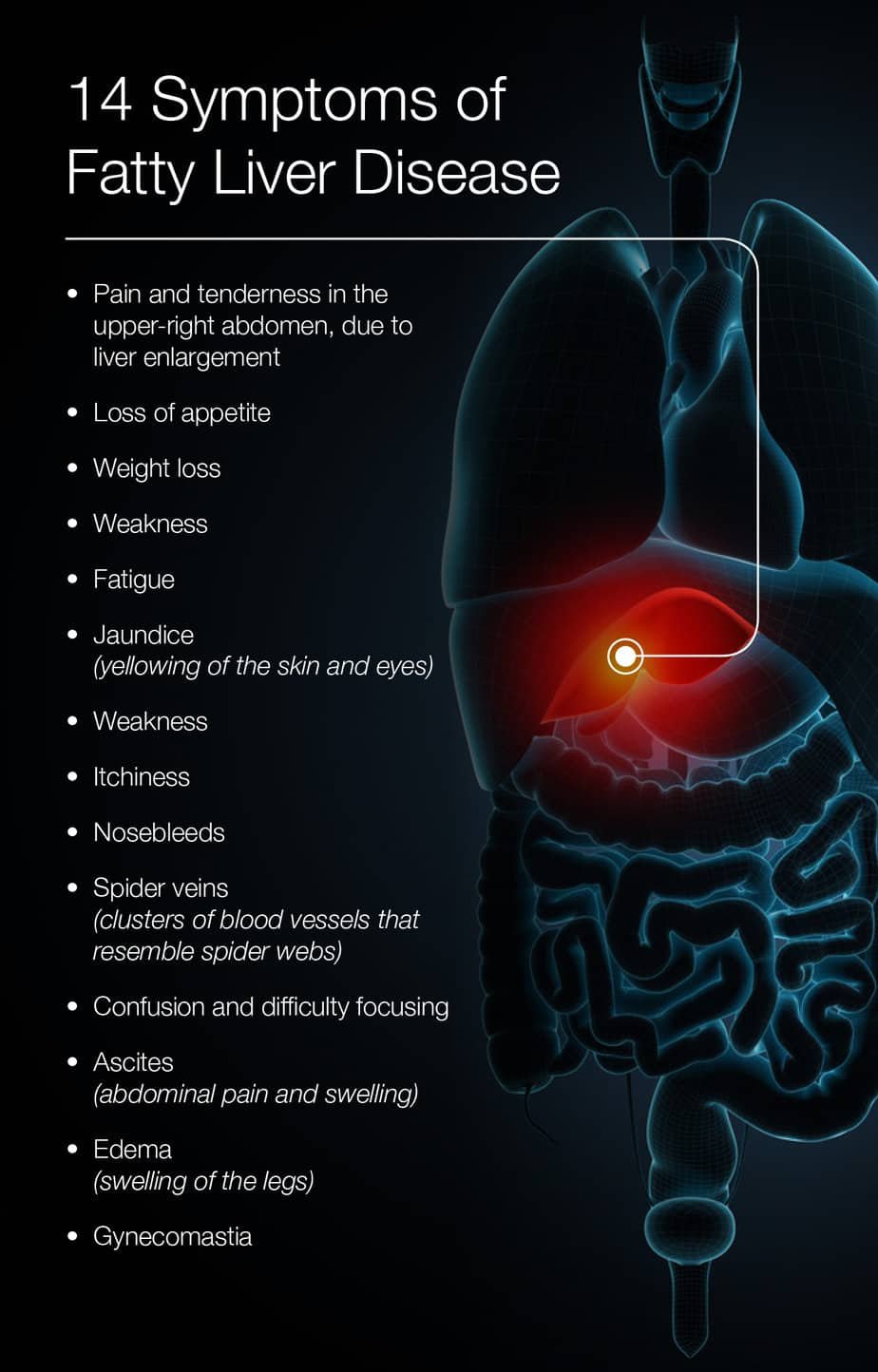Non-Alcoholic Fatty Liver Disease (NAFLD) is a serious condition that affects millions of people worldwide. It is a progressive liver disease that can cause serious health complications, such as cirrhosis and even liver failure. NAFLD is characterized by the accumulation of fat in the liver, which can lead to inflammation and scarring. In this article, we will discuss the definition of NAFLD, the causes and risk factors associated with the condition, and the available treatment and prevention options.
Understanding Non-Alcoholic Fatty Liver Disease
NAFLD is defined as a condition in which fat accumulates in the liver, usually due to a number of underlying factors. While excessive alcohol consumption is the most common cause, there are also several other unexpected causes of NAFLD. These include genetics, poor diet, high stress levels, medications, viral infections, and autoimmune diseases.
There are a number of risk factors associated with NAFLD, and it is important to understand these so that you can take steps to reduce your risk.
1. Obesity: People who are overweight or obese are at an increased risk for developing NAFLD. This is because excess body fat can accumulate in the liver and cause inflammation and damage.
2. Diabetes: Having diabetes or prediabetes increases the risk of developing NAFLD. This is because high blood sugar levels can damage the liver cells and lead to fat accumulation.
3. High cholesterol: People with high cholesterol levels are at an increased risk of developing NAFLD. High cholesterol can lead to an accumulation of fatty deposits in the liver.
4. High triglycerides: High levels of triglycerides in the blood can also increase the risk of NAFLD. Triglycerides are a type of fat that can accumulate in the liver and damage the organ.
5. Poor diet: An unbalanced diet that is high in sugar, refined carbohydrates, and saturated fats can increase the risk of NAFLD.
6. Sedentary lifestyle: People who do not exercise regularly are at an increased risk of developing NAFLD. Regular exercise can help to reduce fat in the liver and prevent the condition from developing.
7. Alcohol consumption: People who drink alcohol excessively can also be at an increased risk of NAFLD. Alcohol can damage the liver cells and lead to fat accumulation.
Understanding the risk factors associated with NAFLD is important for prevention and early detection. If you are at risk of developing the condition, it is important to make lifestyle changes to reduce your risk. These include maintaining a healthy weight, exercising regularly, and eating a balanced diet. It is also important to avoid excessive alcohol consumption. Regular check-ups with your doctor can also help to detect any changes that may be developing in your liver.
Treating NAFLD can be difficult, as the condition is often linked to lifestyle factors. However, there are several available treatment options. These include diet and exercise, medications, and weight loss surgery. It is important to talk to your doctor to determine which option is best for you.
The primary goal of treating NAFLD is to reduce the amount of fat in the liver and stop the progression of the disease. This can be accomplished through lifestyle changes, such as maintaining a healthy weight, exercising regularly, and eating a balanced diet. For those who are overweight and have NAFLD, weight loss through diet and exercise is essential.
In addition to lifestyle changes, medication may also be prescribed to help manage NAFLD. These medications can help reduce the amount of fat in the liver, reduce inflammation, and help prevent the progression of the disease.
Lifestyle changes and medications are the two primary treatments for NAFLD, but there are other treatments available as well. For example, some people may benefit from taking supplements, such as omega-3 fatty acids, to reduce inflammation and support healthy liver function.
It is important to note that NAFLD is a progressive disease, and treatment should be aimed at preventing it from progressing. Those with NAFLD should be sure to work with their physician to develop a treatment plan that is right for them.
Treating NAFLD is essential in order to stop the progression of the disease and improve the overall health of those affected. Lifestyle changes, medication, and supplements can all be used to help manage NAFLD, but it is important to discuss all treatment options with your physician in order to find the best one for you.
Preventing NAFLD is the best way to avoid the condition. It is important to maintain a healthy weight and eat a balanced diet. Additionally, it is important to avoid high stress levels and limit alcohol intake.
In conclusion, NAFLD is a serious condition that can cause serious health complications. It is important to recognize the underlying causes, as well as the available treatment and prevention options. If you are at risk for NAFLD, it is important to talk to your doctor to determine the best course of action.
Originally posted 2022-12-19 11:29:11.



